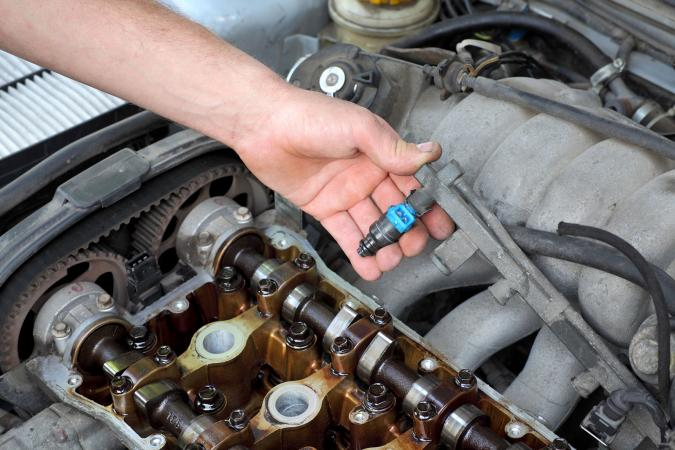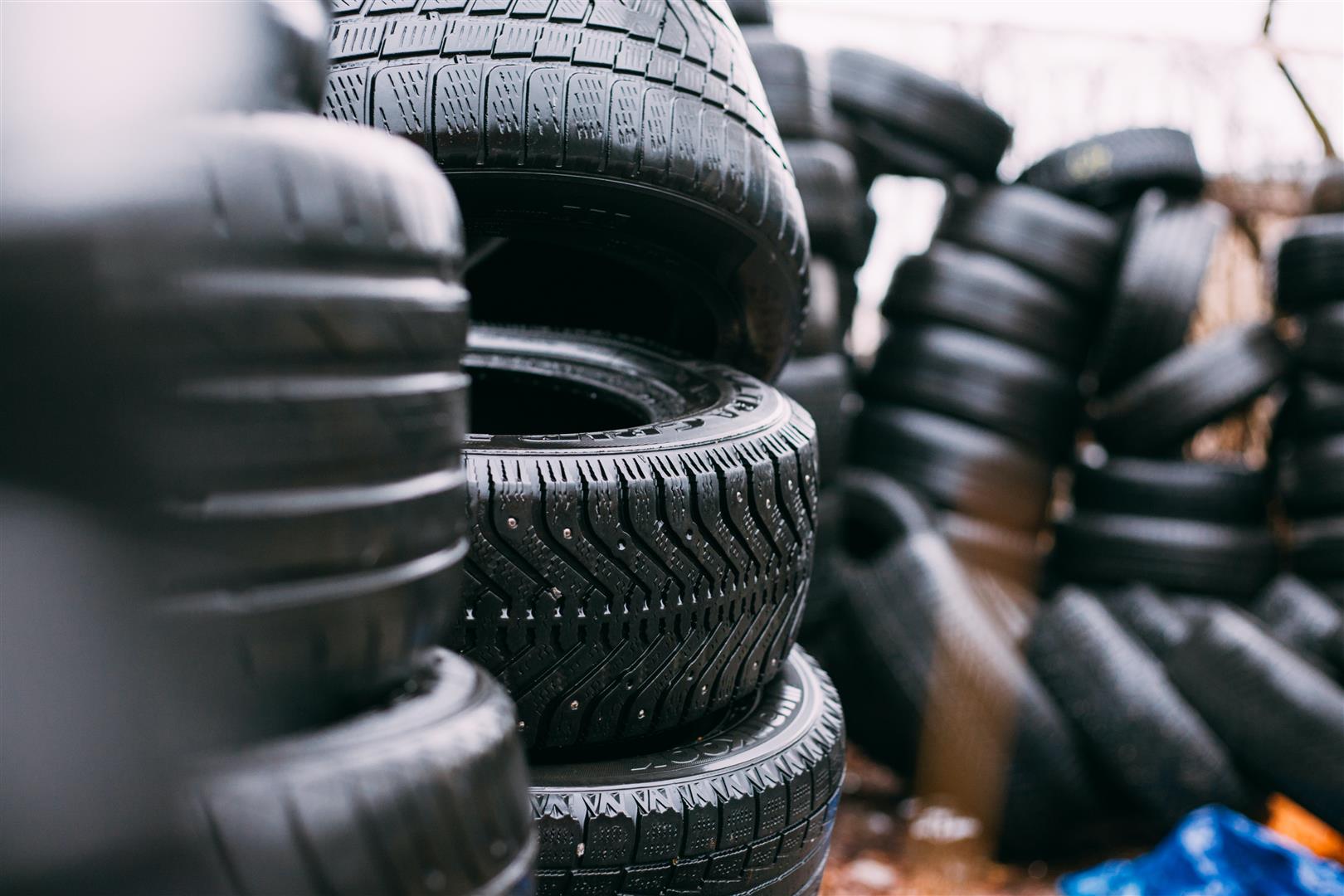Posted on 7/28/2021

A fuel injector is a valve that delivers fuel to a vehicle's engine. It has to deliver the precise amount of fuel to precisely the right place, precisely when the engine needs it. The fuel also has to be mixed with air before it can burn in the engine. Fuel injectors are engineered to spray fuel in a specific pattern into the engine. (The pattern varies by engine type and design.) In order to achieve these spray patterns, the fuel must be pressurized. The pressure in a fuel injection system varies depending on its type. Many gasoline engines use port injection systems, which operate with a pressure of 60 pounds per square inch. Newer direct injection systems operate at 10 to 30 times that pressure. Some diesel passenger vehicles have fuel injectors that operate at 30,000 pounds or more per square inch. Vehicles have one fuel injector for each cylinder in the engine. Your vehicle's control computer constantly monitors the engine and various sensors ... read more
Posted on 7/7/2021

Heat isn't easy on vehicle tires, and as the seasons change, make sure yours are ready to take the heat. Let's talk first about inflation. Heat causes air to expand, so heat alone can raise the pressure in your tires. If you are driving on overinflated tires, they won't have as much contact with the road surface. In that case, it will take you a longer distance to stop. On the other hand, you don't want your tires to be underinflated during hot weather, either. That can cause your sidewalls to flex. Friction will then hike up the temperature and your tire can be in danger of blowing from the added heat. Other things can cause problems, such as uneven wearing. Your service advisor knows the signs to look for and can diagnose where the wear is and what is likely causing it. Another thing a technician will look for on tires is tread depth and the condition of the sidewalls. Any cuts, cracks or bulges could be indicat ... read more